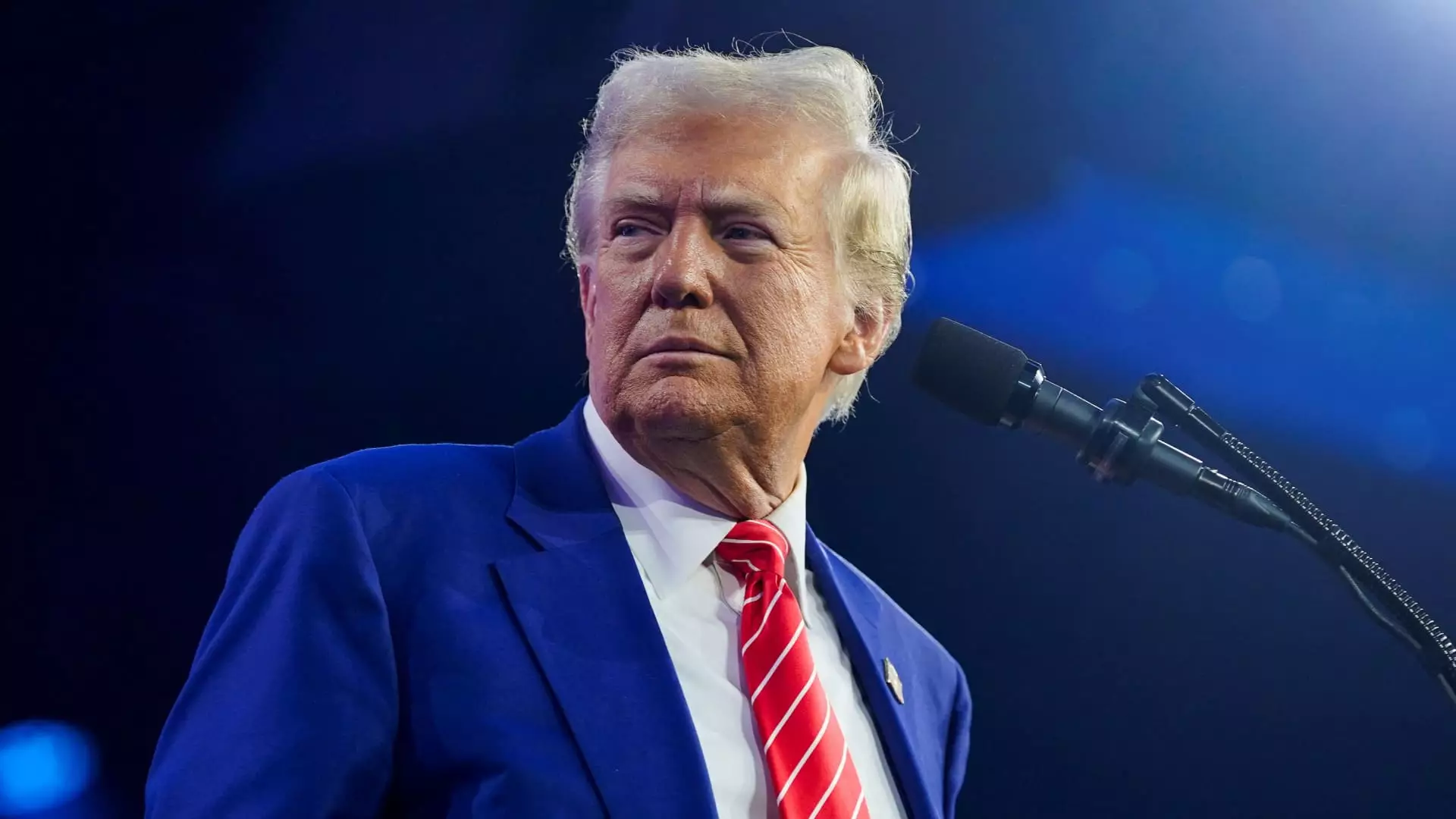The political landscape of the United States continues to evolve, particularly with the growing involvement of technology leaders in the federal government. President-elect Donald Trump is making waves by appointing prominent figures from Silicon Valley to his upcoming administration, thereby underscoring the increasing intersection of technology and politics. This move raises important questions about the implications of such affiliations for policy-making, governance, and the relationship between the tech industry and government.
Historically, the relationship between tech companies and political entities has been fraught with tension. During Trump’s first term, many Silicon Valley firms were openly critical of his policies. Numerous executives from major tech companies expressed concerns about his administration’s approach to regulation, antitrust issues, and immigration. However, there has been a notable shift in the tenor of this relationship as Trump’s connection with influential tech personalities has strengthened.
As he prepares for a second term, Trump’s selection of Scott Kupor as the director of the Office of Personnel Management indicates a clear direction towards greater tech involvement in government operations. Kupor is a well-respected managing partner at Andreessen Horowitz, a significant venture capital firm. His appointment signals an intent to infuse innovative thinking into government personnel systems, which could reshape how government agencies recruit and manage talent.
In addition to Kupor, Trump’s administration will also feature other heavyweights such as Sriram Krishnan, who has been appointed as senior policy advisor for artificial intelligence within the White House Office of Science and Technology Policy. Krishnan’s extensive background with companies like Microsoft and Meta, along with his brief stint overseeing operations at X post-Musk acquisition, positions him uniquely to influence AI policy. As AI technology rapidly progresses, having leaders with a robust tech background such as Krishnan could facilitate a more nuanced understanding of the implications of these advancements.
Elon Musk’s significant presence in Trump’s circle is also noteworthy. A billionaire entrepreneur and one of Trump’s staunchest supporters, Musk’s relationships with tech leaders create a powerful coalition that could drive new initiatives in government efficiency through the Department of Government Efficiency (DOGE). Their collaborative efforts may focus on deregulating sectors perceived as stifled by bureaucracy, but they also raise concerns about oversight and accountability.
While many tech executives have voiced their approval of Trump’s appointments, there are legitimate concerns about the consequences of a government run by individuals deeply embedded in the tech industry. What happens if policies favor the interests of technology giants over the needs of the general public? Critics argue that such leadership might not adequately address critical issues like privacy, data security, and monopolistic behavior, which have increasingly become prominent in public discourse.
Moreover, as tech companies engage in traditional political philanthropy, this raises questions about the potential conflicts of interest. For instance, several tech firms have actively supported Trump’s initiatives financially, creating a symbiotic relationship that could lead to favoritism in policy decisions.
Despite these concerns, there is a visible shift in how technology companies interact with government. The willingness of companies like Amazon, Meta, and OpenAI to financially support Trump’s inauguration marks a startling contrast to previous attitudes. This growing acceptance reflects an industry that recognizes the importance of collaboration with government, particularly in an era of rapid technological advancement.
As Trump’s administration takes shape, the tech sector could be on track to play an unprecedented role in shaping public policy. Companies now understand that they must engage more proactively in the political sphere, ensuring that their objectives are represented in policy discussions.
Trump’s selection of high-profile tech leaders highlights the significant merging of Silicon Valley with Washington, D.C. This trend will undoubtedly impact governance in ways that remain to be seen as the new administration unfolds. As technology continues to shape every aspect of modern life, the relationship between tech and politics will only deepen, necessitating ongoing scrutiny and dialogue. The implications for the average citizen, the protection of civil liberties, and the overall fabric of democracy are profound and require careful consideration as we move forward.

